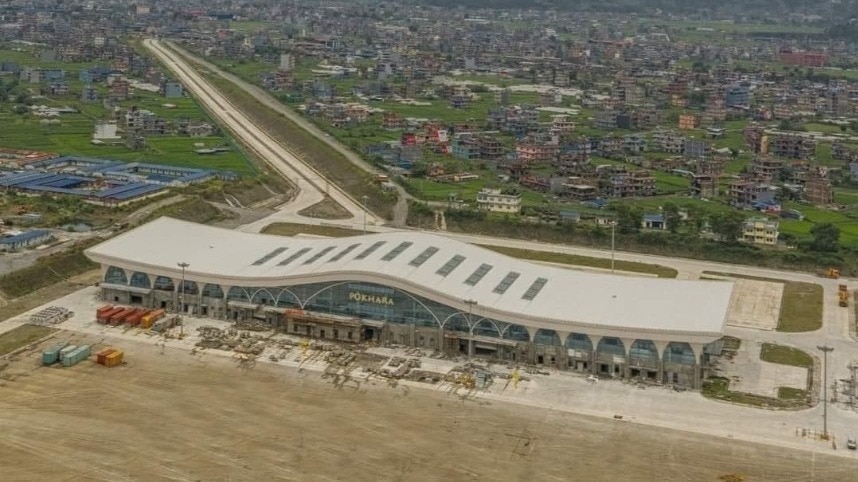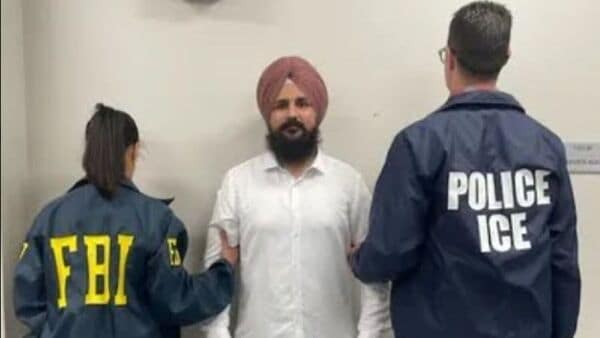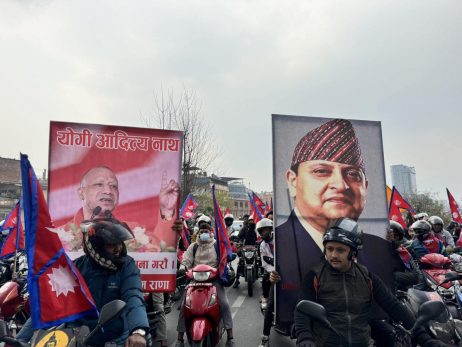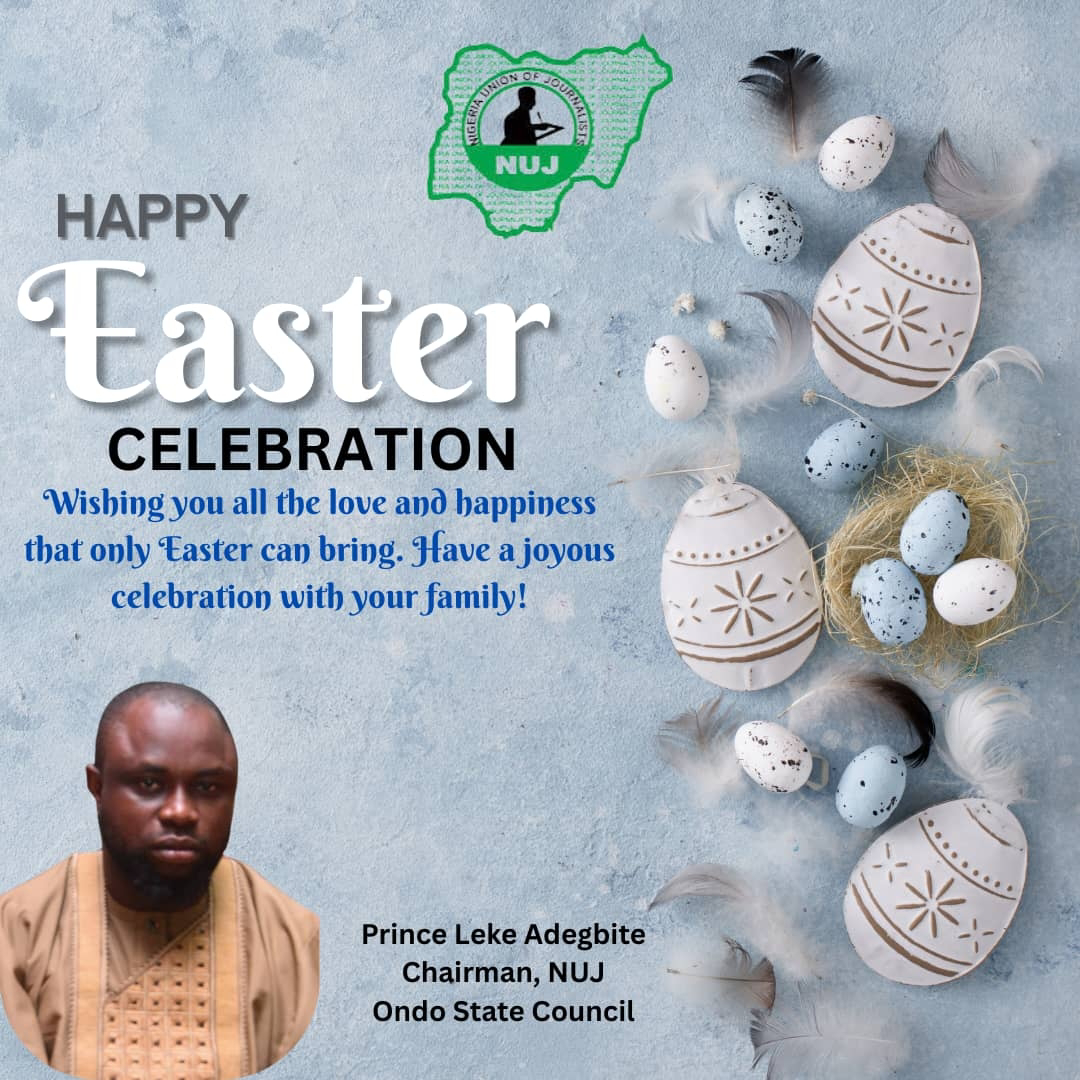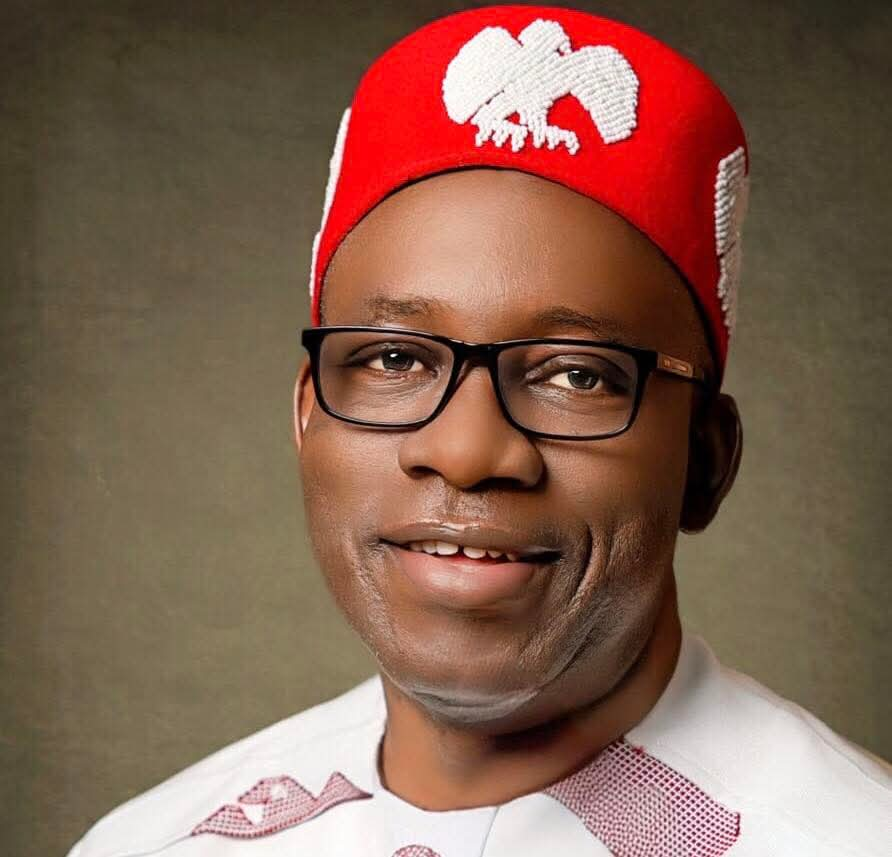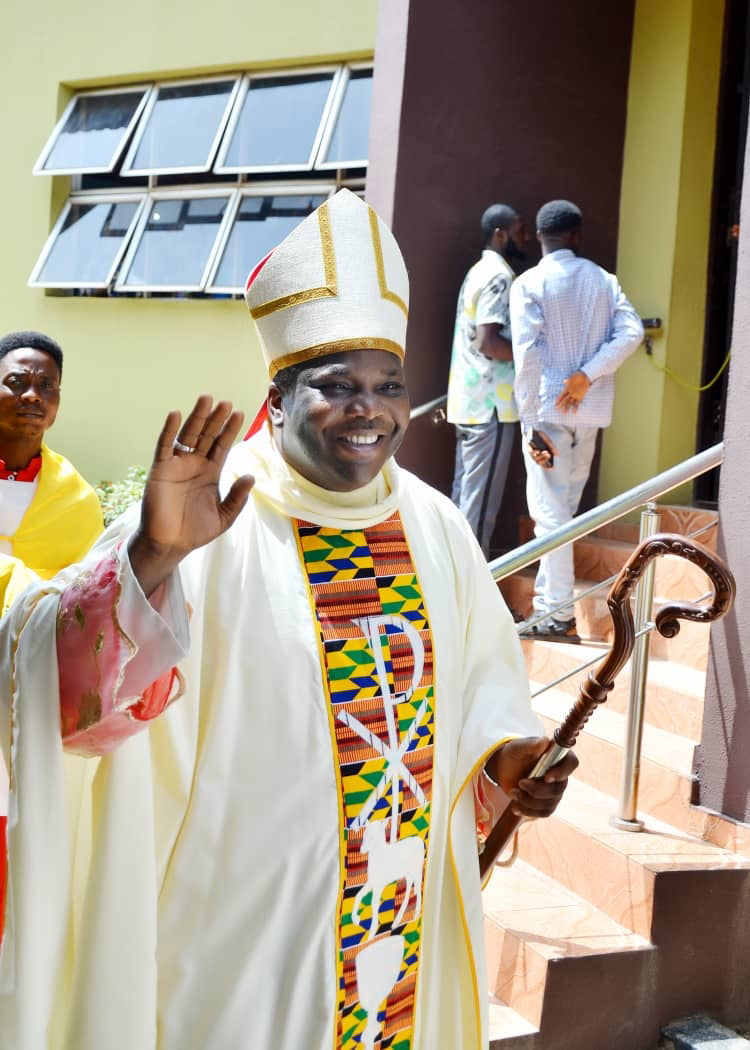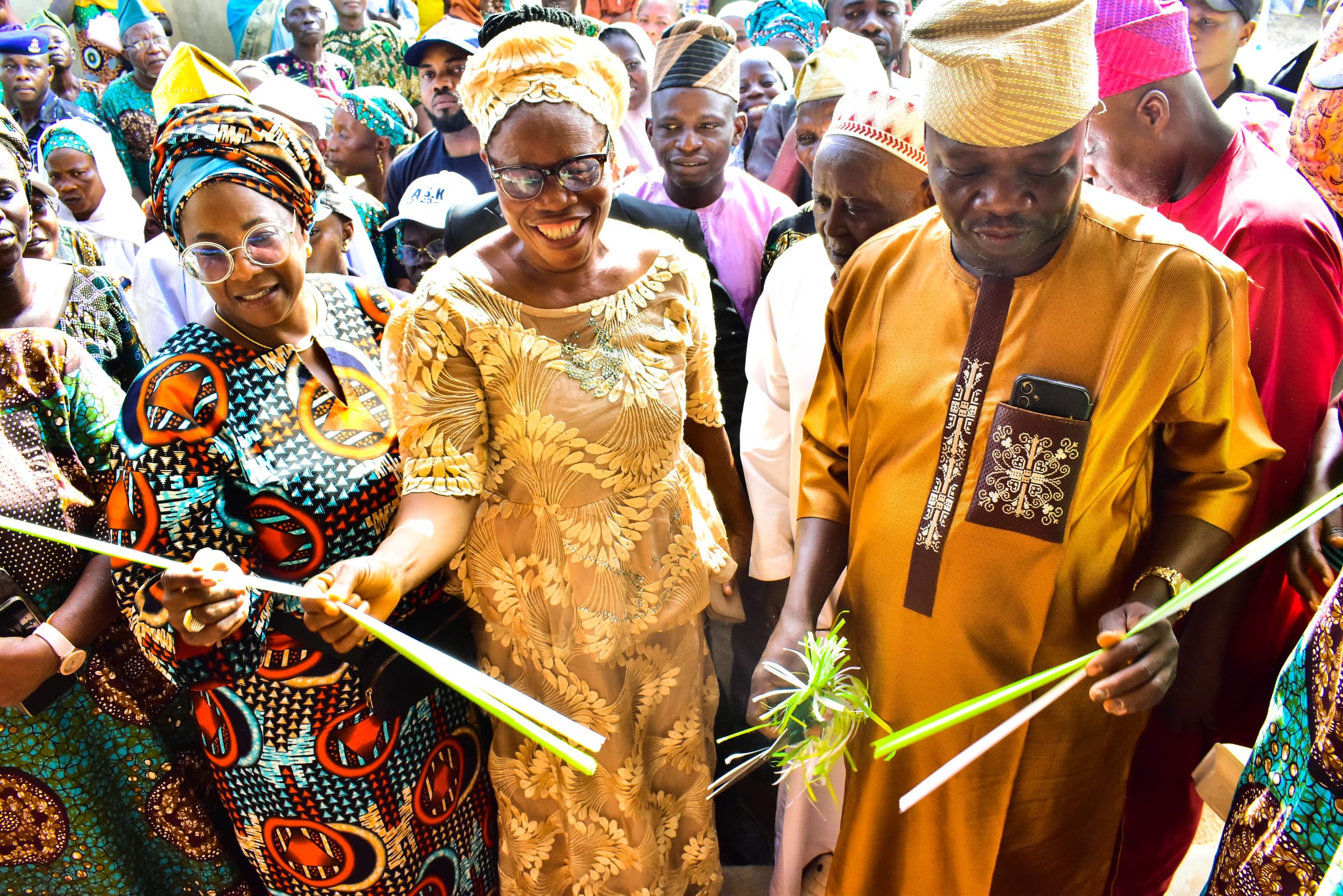United Nations human rights experts and international rights groups have urged the government of Bhutan to immediately release 32 long-term political prisoners held for decades, citing serious violations of international law, including torture, lack of due process, and inhumane detention conditions.
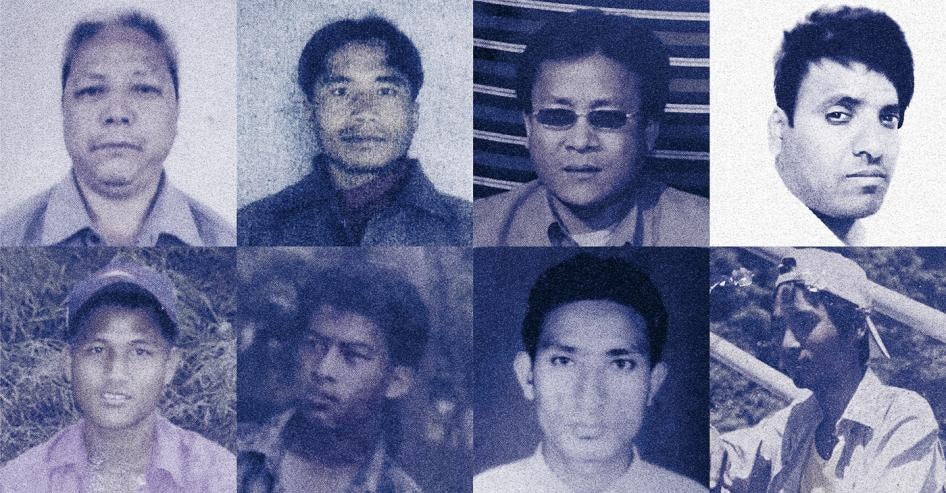 |
| Top row: Lok Bahadur Ghaley; Rinzin Wangdi; Chandra Raj Rai; Kumar Gautam. Bottom row: San Man Gurung; Birkha Bdr Chhetri; Omnath Adhikari; Chaturman Tamang. |
My Republica, KATHMANDU, April 19, 2025 : United Nations human rights experts and international rights groups have urged the government of Bhutan to immediately release 32 long-term political prisoners held for decades, citing serious violations of international law, including torture, lack of due process, and inhumane detention conditions.
The call comes ahead of a scheduled EU-Bhutan human rights dialogue, just weeks after six UN human rights experts issued a formal communication raising alarm over Bhutan’s treatment of political detainees-mostly from the Nepali-speaking Lhotshampa minority-convicted of terrorism and national security offenses in the 1990s and 2010s.
“These individuals were sentenced to between 34 years and life in prison for what appears to be peaceful protests against the mistreatment of the Lhotshampa community,” said the experts. “Their detention appears arbitrary and violates their right to liberty under international law.”
The UN Working Group on Arbitrary Detention found in 2024 that the detention of at least three prisoners was illegal, and cited torture used both to extract confessions and to punish dissent. The experts warned that many detainees were denied legal counsel, lacked understanding of the charges, and were unable to challenge evidence against them.
Conditions in Bhutanese prisons were described as “dire,” with insufficient food, water, heating, clothing, and access to doctors. Communication with families remains restricted. At least two prisoners have died in custody.
Amnesty International and Human Rights Watch (HRW) backed the UN’s call, urging the European Union to press Bhutan for the immediate release of all 32 political prisoners. “Bhutan portrays itself as a land of ‘gross national happiness,’ but these reports reveal a grim reality for those imprisoned for peaceful dissent,” said Smriti Singh, Amnesty’s South Asia Regional Director.
HRW Deputy Asia Director Meenakshi Ganguly added, “Bhutan has adopted significant reforms since 2008, but the continued detention of political prisoners stains its human rights record. The EU and Bhutan’s other international partners should demand their release.”
Most of the prisoners were arrested during or after a wave of violent repression in the early 1990s that followed protests by Lhotshampa citizens demanding equal rights and citizenship. Over 100,000 Nepali-speaking Bhutanese were forcibly expelled, and those who remained or later returned to advocate for repatriation were arrested and convicted in trials marred by coerced confessions.
In some cases, the US deported resettled Bhutanese refugees back to Bhutan, where they were immediately expelled again to Nepal via India signaling ongoing state discrimination against the Lhotshampa community.
The UN experts highlighted that Bhutan’s Penal Code and National Security Act use vague definitions of “terrorism” and “treason” that severely hamper political expression and civic space. They urged Bhutan to amend these laws to align with international human rights standards.
The experts have appealed directly to Bhutan’s King Jigme Khesar Namgyel Wangchuck, invoking his constitutional power to pardon prisoners. Citing precedents from 1999 and 2022, when the King granted amnesty to political prisoners, they called for a similar act of clemency.
“In the interest of justice and national reconciliation,” the experts stated, “Bhutan must embark on a meaningful process of accountability and reparation for historic rights violations.”
As Bhutan seeks to strengthen international ties-especially with the EU, which provides development assistance and tariff-free trade access under the Everything But Arms initiative—its human rights record is drawing growing scrutiny.
EU lawmakers, including members of the European Parliament overseeing trade relations, have formally urged Bhutan’s Prime Minister to take action. Rights groups say Bhutan’s response to this mounting international pressure will test the government’s sincerity in upholding democratic values and human rights.
OHCR. ORG (UNHCR), GENEVA : UN human rights experts* today called on the Government of Bhutan to release 32 individuals imprisoned for decades after reportedly protesting against the mistreatment of the Nepali-speaking minority in Bhutan.
Following incidents in the 1990s and 2010s, the detainees were convicted of vague and overbroad terrorism and national security offences and received lengthy sentences from 34 years to life in prison.
“No one should be punished at all, let alone by such harsh sentences, for peacefully exercising their freedoms of assembly and expression and the right to participate in political affairs under international law,” the experts said.
“In these circumstances, their detention appears to be arbitrary and violates their right to liberty under international law,” the experts said. In 2024, the UN Working Group on Arbitrary Detention also found the detention of three of the prisoners to be arbitrary.
“We also express our deep concern at reports of detainees being severely tortured, both to extract confessions and to punish them,” the experts said. Torture is absolutely prohibited under international law.
The experts expressed grave concern that many of these “political prisoners” were reportedly denied access to legal representation, lacked a clear understanding of the charges, and were unable to effectively challenge the accusations and the evidence presented in court.
The conditions of their detention have been and continue to be dire, with inadequate water, food, heating, bedding and warm clothing. The detainees also lack meaningful access to doctors and are prevented from communicating with their families, compounding their suffering and isolation.
“We call on the King of Bhutan to exercise his constitutional power to pardon and release these 32 political prisoners,” the experts stated. The King has previously granted amnesty to dozens of political prisoners, including those serving life sentences, setting a precedent for compassionate intervention.
“We implore Bhutan to refrain from prosecuting peaceful protests and expression in line with international human rights law”, they said.
“We also urge Bhutan to review and amend its terrorism and security offences under the Penal Code and National Security Act and ensure that terrorist offences are sufficiently precise and only address conduct that is genuinely terrorist according to international standards,” they added.
The protests that led to the convictions arose in the context of significant discrimination against the Nepali-speaking minority in Bhutan, known as the “Lhotshampa” community, including in relation to their political, economic and social rights. Despite positive reforms in Bhutan, elements of discrimination remain to this day.
The protests were met with a campaign of violence and repression by the authorities in the early 1990s, including the forced displacement of over 100,000 refugees.
“In the interest of justice and national reconciliation, we encourage Bhutan to embark on a meaningful process of accountability and reparation for these historic rights violations, in line with Bhutan’s international obligations,” the expert said.
The experts have communicated their concerns about these cases to the Bhutanese authorities.
*The experts: Ben Saul, Special R

